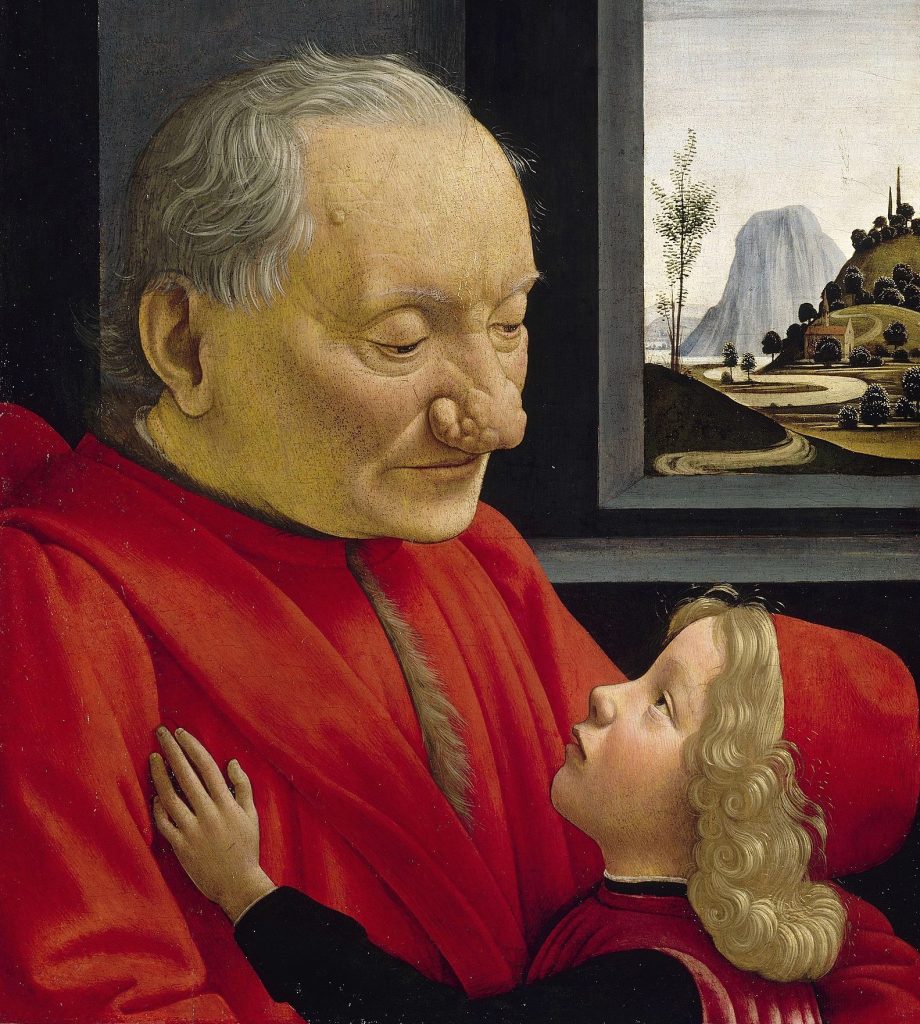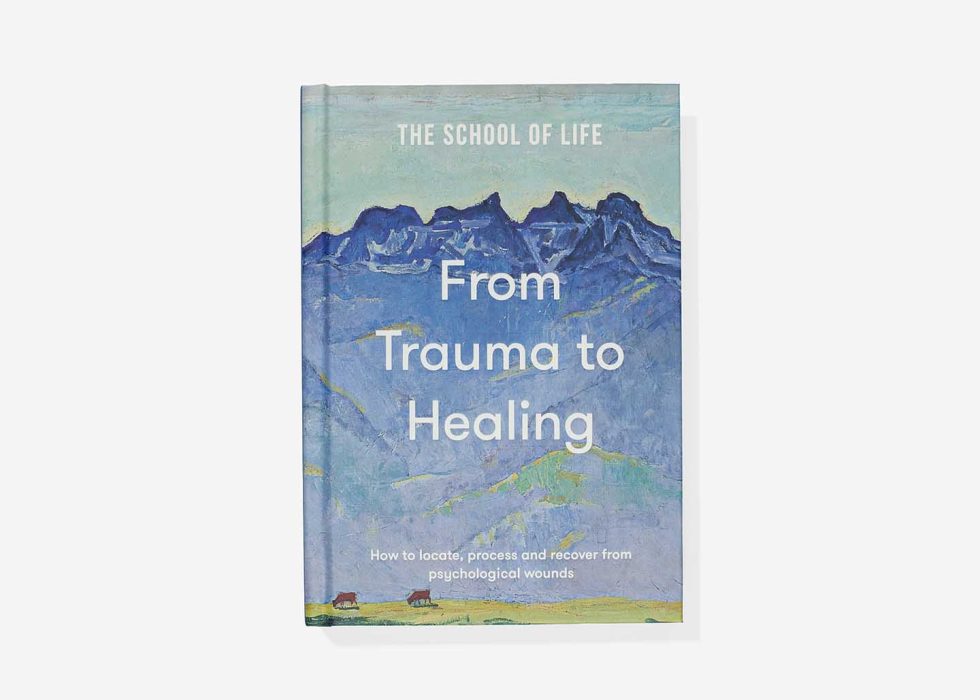Self-Knowledge • Growth & Maturity
Who Knows More, the Young or the Old?
Who knows more, the young or the old? The question is vast and imprecise but this has not held back different societies from reaching very firm yet very different conclusions on it at specific points.

In the modern West – since the middle of the eighteenth century – the question has been answered predominantly in one direction: it is the young who know more. According to the movement of ideas we know as Romanticism, youth has been identified as the golden age of humankind, the young have been viewed as the fount of all estimable knowledge, sincerity and goodness. Celebrated first in poetry, then in art and music, the idea now continues in fashion, film and lifestyles more broadly. The old don’t only get less mobile and frailer, they are less in touch with whatever is properly meaningful, enticing and vivid. With age, we are corrupted and blinded by all we have seen. The child is the supreme natural sage and philosopher. The deepest aspiration of any 60 year old should be to have the same level of insight, purity, taste and attunement to the spirit of the times as a 4 or a 14 year old.
But this is not always, and in all places, how things have looked. For most of history in East Asia, the situation was reversed. Ancient China’s most acclaimed philosopher, Confucius, proposed that wisdom and generosity of heart were attainments that depended on time. Only on the basis of having passed through many decades, and painfully reflected and learnt, could anyone realistically hope to temper their selfish impulses, understand themselves, be suitably generous in their interpretations of others and separate out frivolous from meaningful activities. Children might be extremely sweet and yet to treat them as anything more would – through Confucian eyes – have simply been an insult to their natural incompleteness.
Both Romanticism and Confucianism have important things to teach us. But it may be more interesting – and crucially more hopeful – to come down on the unfashionable and presently reviled side of the divide. To say that the old might know more is not to argue that every old person does (we’re all close enough to maddening examples of the opposite) but rather to insist that time must at least theoretically offer us the potential for degrees of maturation and insight to which the young are inherently, through no fault of their own, denied. There is something fatefully limiting, even nihilistic, in proposing that human nature could truly reach its full unsullied potential after a mere five summers – to be followed thereafter only by decline and corruption. There must be something we can learn; there must be a point to all the classes and the therapy; the conversations and the reading.
Otherwise we deny all of us – not least the young themselves – any realistic chance of a psychological education. We must be able to build upon our present levels of kindness and calm, empathy and sweetness. We must through humble effort be able to work on ourselves to ensure that tomorrow could be slightly less frantic, confusing and impatient than yesterday. We must be able to believe – at least in theory – in opportunities for emotional maturation.



























